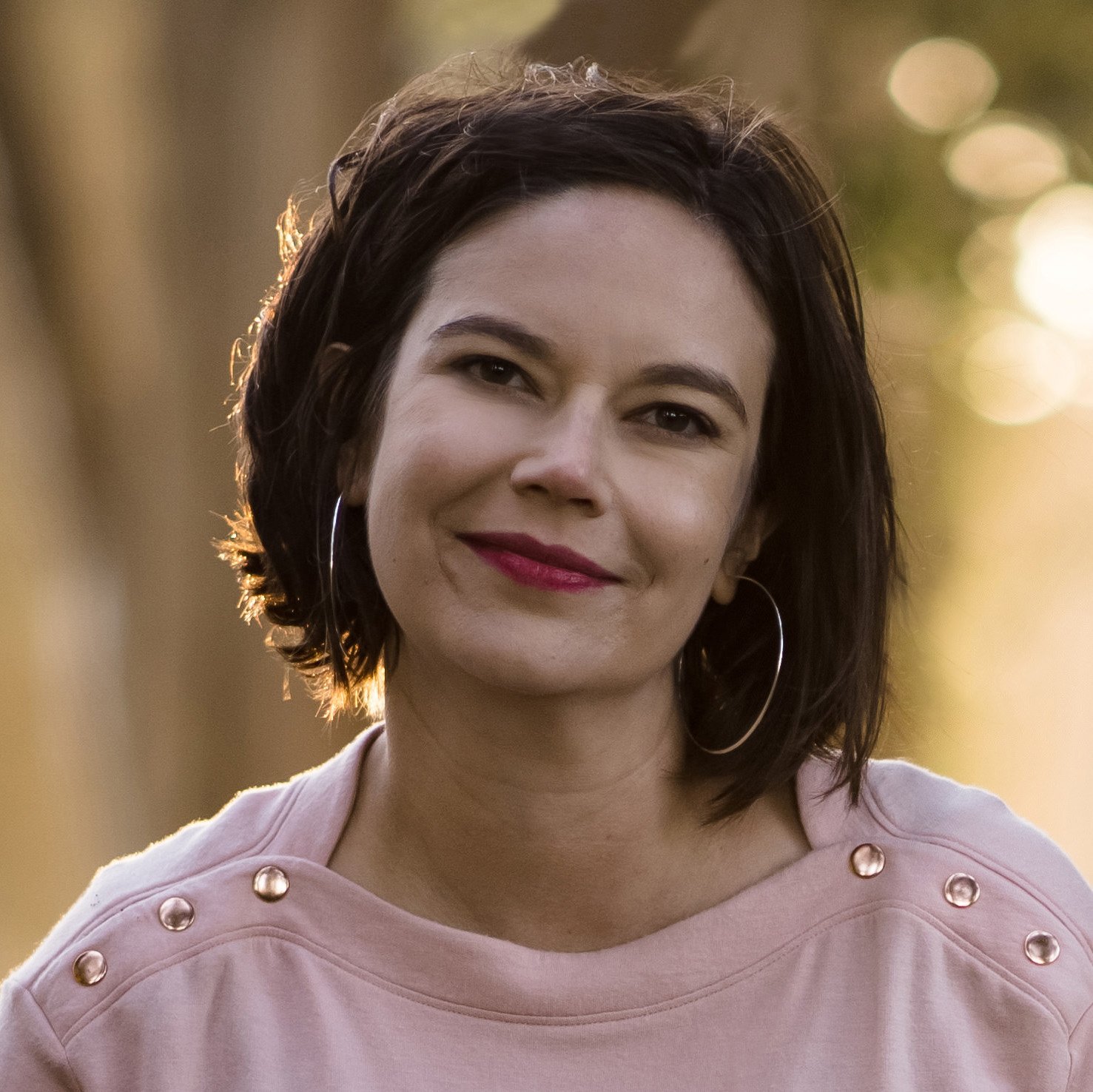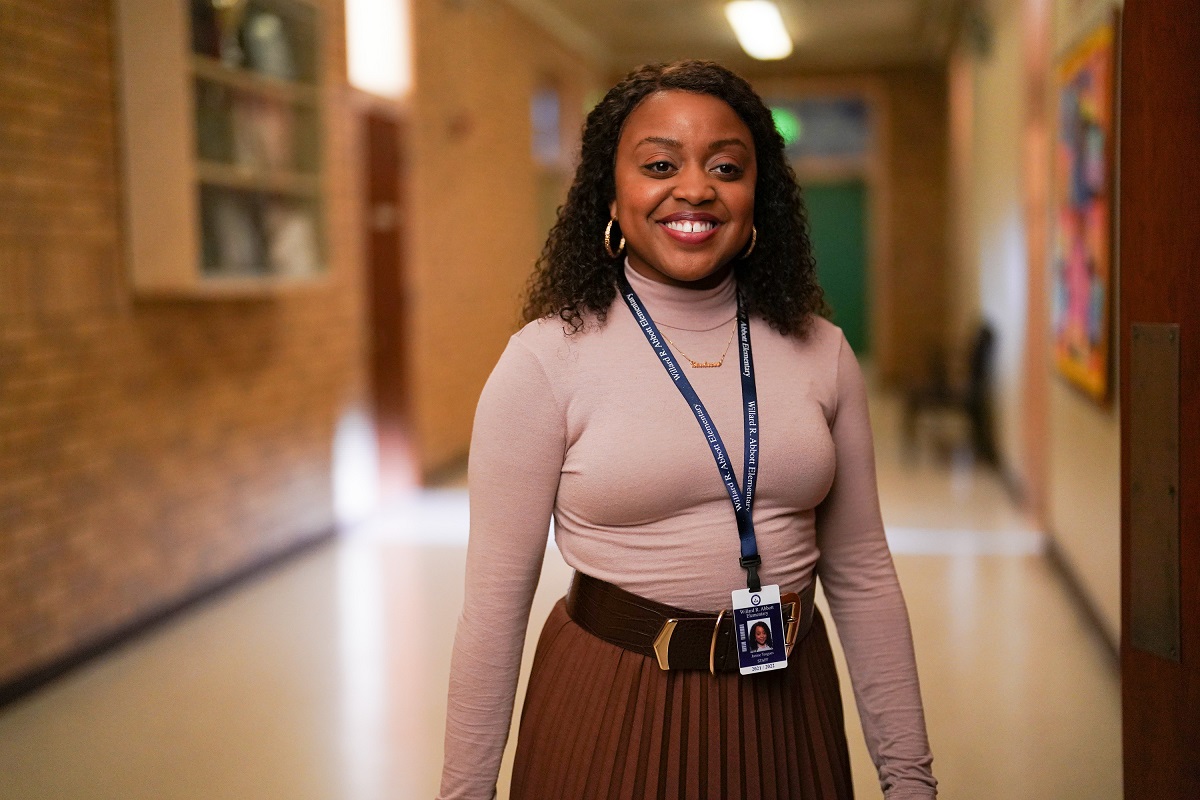Before the impressive success of ABC’s “Abbott Elementary,” it seemed like hardworking, earnest heroes were over. Writer/producer/star Quinta Brunson is changing that cultural trend. The show’s central protagonist, Janine Teagues (played by Brunson) is an endearingly well-intentioned and chronically uncool teacher who audiences can’t help but root for. And audiences are showing up in a major way. “Abbott Elementary” quadrupled its initial ratings to become one of ABC’s most popular shows over just a few months. It recently rivaled juggernaut “Modern Family”‘s finale in terms of viewership.
A workplace comedy about an underfunded, majority-Black Philadelphia elementary school seems like an unlikely success, particularly now. Other earnest fare like “Parks and Recreation,” “Ted Lasso,” and “Hamilton” are facing a backlash. We live in such complicated times—it is difficult to honestly and earnestly lift up self-sacrificing people who are making a difference in their communities.

But that’s what “Abbott Elementary” does, and it works as more than just comfort. It’s smart TV for one, using the sitcom formula to its advantage. Each episode features Janine trying to make something about Abbott Elementary better. Her endeavors never go as planned, though, since nothing is simple when it comes to education (and she exists on a 22-minute comedy). That said, Janine usually does make things a little better—just not in the big way she’d imagined. She gets the scary, dark hallway fixed even if it takes a school-wide power outage. She figures out how to have more enrichment opportunities for the kids after discovering there’s a budget for a “gifted and talented” program, pivoting from the model she participated in as a student when she sees how it discourages the majority of the kids. These incremental changes feel good. They’re satisfying conclusions to complex problems and part of that is their realism. “Abbott Elementary” doesn’t pretend it has the answer to solving educational disparities. But progress is still (mostly) possible and it’s refreshing to see that week in and week out on network TV.
One of the reasons the show works so well is the personal background of Quinta Brunson. She’s writing what she knows as a Philadelphia native whose mom taught in public schools for 40 years. As a Black woman, she’s also able to move us away from white saviors and their frustrating blind spots, which I can’t help but think is a big part of why shows like “Parks and Recreation” haven’t aged that well. The do-gooder main character in that one, Amy Poehler’s Leslie Knope, loved her town, Pawnee, and served it tirelessly. But there was a running gag where she’d mention the town’s racist history, explaining what was happening in a mural in city hall, say, without any analysis. The joke was that this history was terrible, but then what? Knope largely didn’t take on that issue. She accepted it as a sad fact and went about her business. Janine Teagues would immediately start working on a remedy, and although it probably wouldn’t work as she envisioned it, it would help some people.

As earnest entertainment goes, the teacher-as-hero trope is well-worn and it works best when the central teacher is of the community. That’s why “Stand and Deliver” still delivers while films like “Dangerous Minds” are now the definition of cringe. And “Abbott Elementary” further advances the genre in a couple of ways. One, Janine isn’t alone. All the teachers (well, all except the one white woman who kicks a student in the pilot and is summarily fired) are showing up every day and working hard. They too try things big and small to make a difference, and they represent a mix of identities (races, genders, sexualities, class backgrounds), which shows there’s no one way to do this job or one type of person who can help.
Principal Ava Coleman (Janelle James) is a great example. She starts off as an obstacle, the grown-up least concerned with the students’ welfare. But she’s soon revealed to have skills that can make a difference, helping Janine fundraise for her classroom by creating the perfect social media video for example. Ava just needs some direction on how to use her power for good. In the ninth episode, she gets fully humanized as we learn that some of her bluster is simply a performance. But, crucially, some of her superficiality is genuine, allowing the character to remain flawed and, thus human.
In “Abbott Elementary,” the Black women like Janine and Ava aren’t all selfless do-gooders or superficial incompetents. They’re layered and not definable by a single narrative. Even for being so mission-oriented, Janine has her moments of ego too—she lets an old college friend get in the way of the kids art project in an effort to be cool, she insults a fellow teacher in her bid to the best. And that fits our moment so well too. There are plenty of non-Black folks who assume every Black woman is either the type that Janine or Ava represent—either a saint or a sinner. But that’s not how people actually work, and part of this sitcom’s genius is in taking Black women’s humanity as a given and going from there.
“Abbott Elementary” also advances the genre of teacher-as-hero stories by having just the right level of heft with the stakes high but also human in scale. The staff isn’t founding a nation or even running a city government, but what they do matters—kids matter. It also helps greatly that “Abbott Elementary” honors its community, valuing even the parents who appear not to care about the school as real, everyday people.
That’s really what sets it apart—”Abbott Elementary” earns its earnestness. From its understanding of the issue at hand to the creator’s lived experience; from its playing with structure to its grounding in community. It’s clear about its stakes and its villains. Its civil servant heroes don’t have badges or even offices. But they’re vulnerable and funny, growing and giggling. I hope “Abbott Elementary” is the type of show that spawns a hundred copies, reimagining what a hero does, how she looks, and what she accomplishes.












